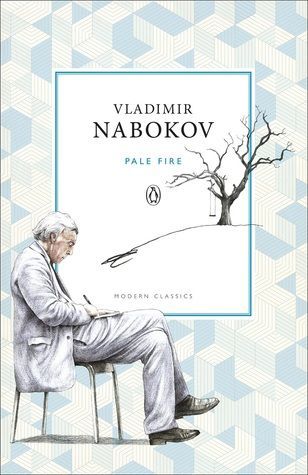
Reviews
Niki Sotiropoulou-Nassika@nikisn
madina@humaintain
B.A. Bacigal@creeke
Evan@theslowkenyan
Evan@theslowkenyan
Leo Valentine@crustywhitedog
Dang Nguyen@dangng
D D D @sunnyd123
Andrew John Kinney@numidica
Ben Burns@benburns
Christopher McCaffery@cmccafe
Nicholas Hanemann@nick_h
Simon Elliott Stegall@sim_steg
Nathan Griffin@burdell
Tara King@sparklingrobots
Erica@erica
baikalsturgeon@baikalsturgeon
Luke Pearce@aldouslanark
riya ☆@lilcritt3r
✱@dokja
sariya@fabledlongings
sariya@julysdaughter
Aaron <3@exquisitecorpse
Sebastian Leck@sebastianleck
Highlights
Conor Murphy@cnrmrphy
Page 211
Conor Murphy@cnrmrphy
Page 86
✱@dokja
sariya@fabledlongings
Page 289
sariya@fabledlongings
Page 285
sariya@fabledlongings
Page 214
sariya@fabledlongings
Page 42
sariya@julysdaughter
Page 214
sariya@julysdaughter
Page 42
sariya@julysdaughter
Page 214
sariya@julysdaughter
Page 289
sariya@julysdaughter
Page 285
weli @woooodstx
savannah eden@savbrads